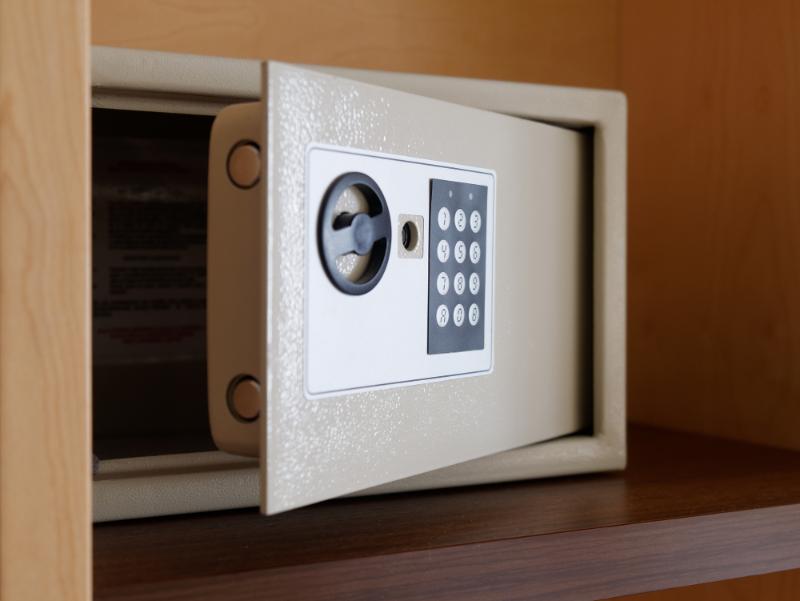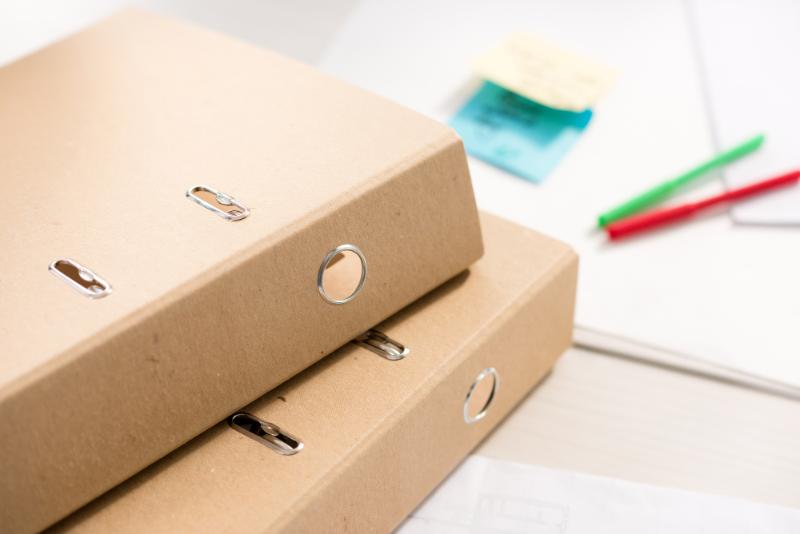In our daily lives, countless things can cause stress and anxiety. It often feels like an endless to-do list, from work deadlines to financial responsibilities. Amidst this chaos, managing and safeguarding our family’s vital documents is crucial. These documents include birth certificates, marriage licenses, wills, and property deeds. Losing or mishandling them can lead to significant legal and financial problems. To help you avoid this nightmare scenario, here are six tips for keeping your important family documents safe.

1. Invest in a Fireproof and Waterproof Safe
To safeguard your important family documents, use a fireproof and waterproof safe. These safes are designed to endure high temperatures and water damage, keeping your contents intact during home fires or floods. It provides both physical protection and peace of mind, ensuring the safety of vital documents.
When purchasing, consider the safe size based on the volume of documents you need to store. Various safes for home use come in different sizes and shapes, so you can choose one that best fits your needs. Ensure your safe has a UL (Underwriters Laboratories) or ETL (Electrical Testing Labs) certification for fire and water resistance.
2. Keep Digital Copies as Backup
Having a physical safe is crucial, but keeping digital copies of important documents as a backup is also important. In today’s technology-driven era, digitizing family documents adds more protection. Scan and store them securely in the cloud for easy accessibility, even if the originals are lost or damaged.
Remember, digital storage carries risks. Use a reputable cloud service with strong security measures to prevent unauthorized access. Regularly update and back up digital copies to maintain integrity. Embracing technology and traditional safekeeping methods enhances the security of important family documents.
3. Use Password Protection
In this digital age, password protection is crucial for securing important family documents. Safeguard both physical and digital copies with strong, unique passwords to add an extra layer of protection against unauthorized access. When creating passwords, avoid obvious choices like birthdays or names. Instead, use a combination of letters, numbers, and symbols that are hard to guess.
Consider using a reputable password manager to store and manage your passwords securely for digital documents. Furthermore, it’s advisable to change your passwords regularly and avoid using the same password for multiple accounts. By implementing these practices, you can ensure that your critical family documents remain safe and secure.
4. Consider a Safe Deposit Box
Renting a safe deposit box at a bank or credit union is another viable option for securing your vital family documents. These boxes in the bank’s vault provide an extra layer of security as they are safeguarded around the clock and are typically resistant to fire, flood, and theft. You can store original copies of legal documents, property deeds, or other irreplaceable paperwork here for long-term protection.
However, it’s important to note that access to these boxes may be limited to bank hours, and a rental fee might be associated. Therefore, weigh the pros and cons and determine if a safe deposit box meets your needs. Remember, keeping a list of the contents and additional copies stored elsewhere are handy should you ever need immediate access.
5. Keep Documents Organized
Maintaining an organized system for important documents is vital for easy access and inventory. It’s advisable to categorize documents based on their nature and importance, such as financial papers, legal documents, personal identification, etc. A well-structured filing system, with labeled folders for different categories, can make it easier to locate specific documents when needed.

Furthermore, keeping a record of what’s stored there can assist in monitoring these documents and ensuring everything is present. Regular audits of these documents are also recommended to check their condition and update any expired or changed. Thus, a systematic and organized approach to document storage can significantly enhance their management and security.
6. Have a Plan for Emergency Situations
Despite all the precautions we take, emergencies can still happen, and it’s crucial to have a plan in place for such scenarios. Knowing what important documents you need to grab quickly in case of a disaster or evacuation can save precious time and prevent panic. Keep a list of essential documents handy and let family members know where they are stored and how to access them.
Additionally, keeping copies of these documents with a trusted family member or friend outside your home is advisable. Storing additional copies elsewhere can significantly mitigate potential losses and headaches if your home is inaccessible.
Protecting our family’s important documents may seem a low priority in our fast-paced lives. However, taking proactive measures such as investing in a safe, digitizing, and password-protecting document, keeping them organized, and having an emergency plan can save us from potential legal and financial disasters. By following these six tips for keeping your important family documents safe, you can know that your loved ones’ future is secure.
